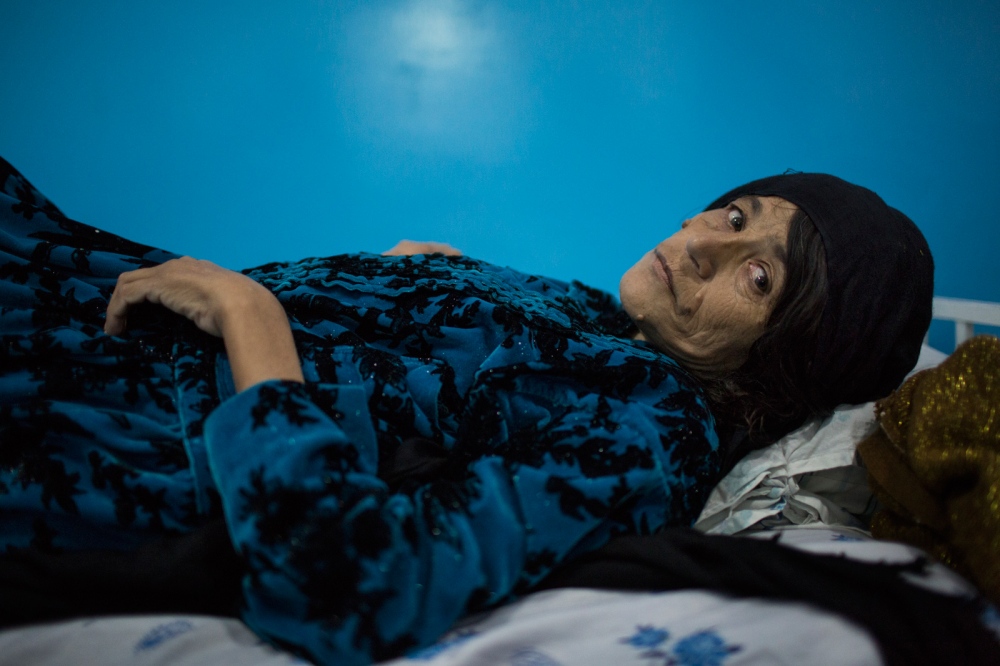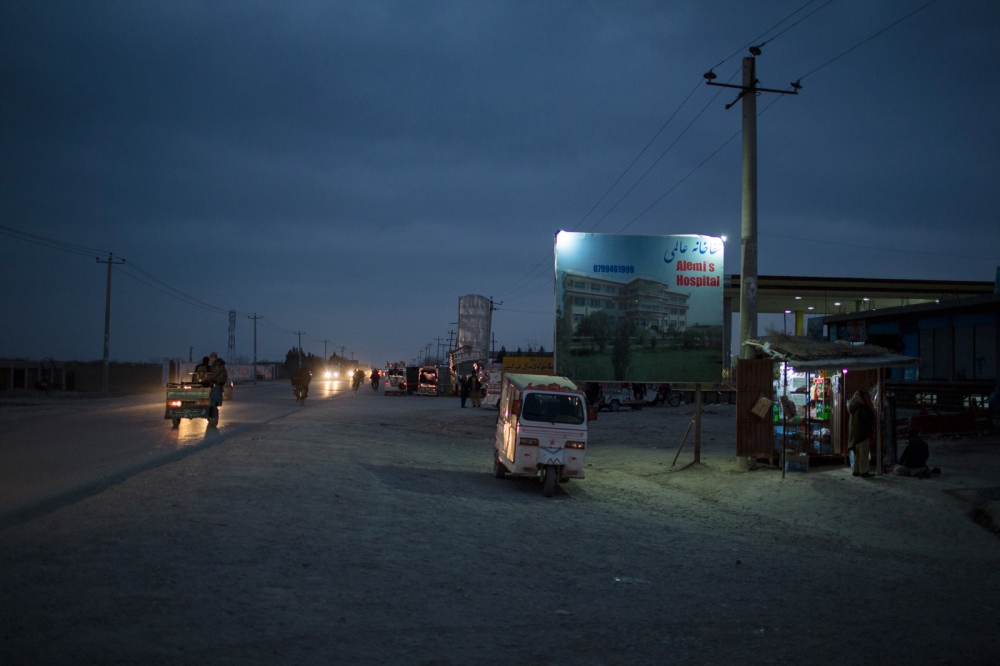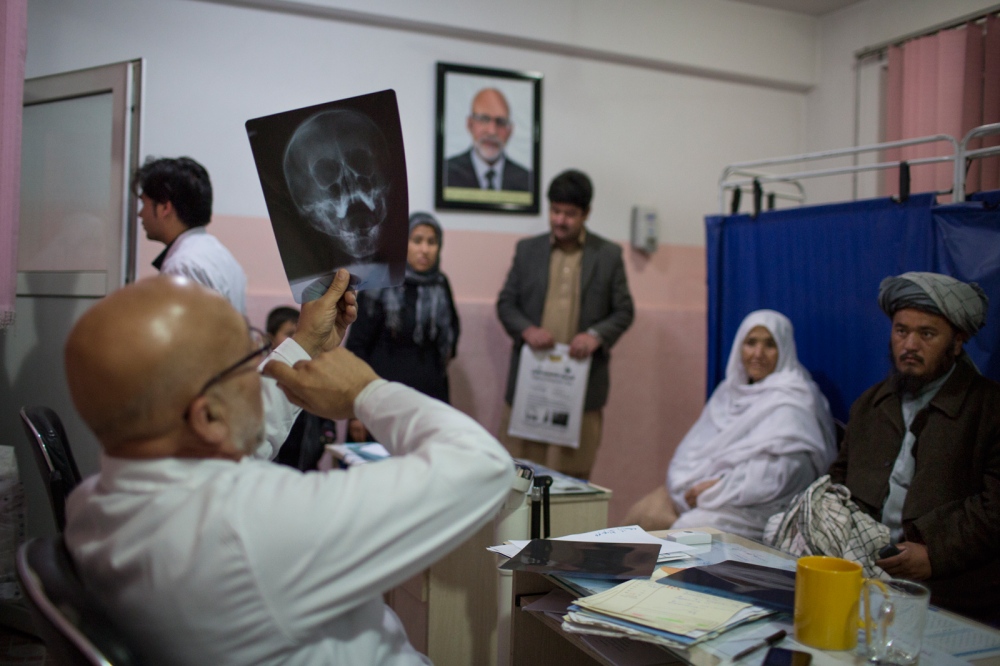Public Story
My Liver is Bleeding
He knows the places I visit "“ Dr. Alemi's Hospital "“ the first private hospital to specialise in neurological and psychological disorders in Afghanistan, or Mullah Sakhi Jan, a religious leader. Many of his clients go to either or both for help with mental health issues. I want to talk to them to get a better understanding of how they deal with psychological injury.
Afghanistan and its people have endured over three decades of uninterrupted war. We typically learn about just one side of that conflict through stories of returning soldiers who show symptoms of war-related trauma. We understand that war has an effect on people's wellbeing, even years afterwards. But for people here in Afghanistan conflict it is the only way of life they know. So how are they affected by it psychologically?
Some estimate 40-60% of Afghanistan's civilian population to suffer from Post Traumatic Stress Disorder. Yet few of those who seek treatment are actually diagnosed with it. Symptoms of PTSD, like flashbacks, hyper-vigilance, or being suspicious of afraid to leave the house, are not considered particularly abnormal. What is considered abnormal in a communal society where large families often live under the same roof is for people to withdraw socially, or to suffer angry outbursts. Thus, typically, people will be diagnosed with, and treated for, major depressive disorder or anxiety.
Another reason why PTSD isn't more commonly diagnosed is that people are often reluctant to burden others with their problems. They have, after all, plenty problems of their own. As a result, people loose fluency in the ability to express themselves emotionally. They might say that their liver is bleeding, to indicate they are sad, or that their throat is tight to tell others they are feeling anxious or afraid. It is up to the psychiatrist or mullah to probe deeper for clues to their ailments, and depression and anxiety are often more quickly diagnosed than PTSD. Besides by treating these one alleviates many of PTSD's symptoms in any event. For Doctor Alemi, treatments are typically pharmacological: people are given a pill to pop. This serves patients well, particularly those who travel for up to 700 kilometers to see him.
Many patients tell stories of experiencing conflict first-hand, even within the home environment. Relatives talk of how they struggle to live with those who are mentally unstable, and how chaining them is often the only way they can protect themselves. That said, and as many will admit, the underlying cause of so much misery is often endemic poverty and joblessness. With unemployment at an all-time high, and with so many NGOs withdrawing from Afghanistan, their prospects are unlikely to improve any time soon.


















